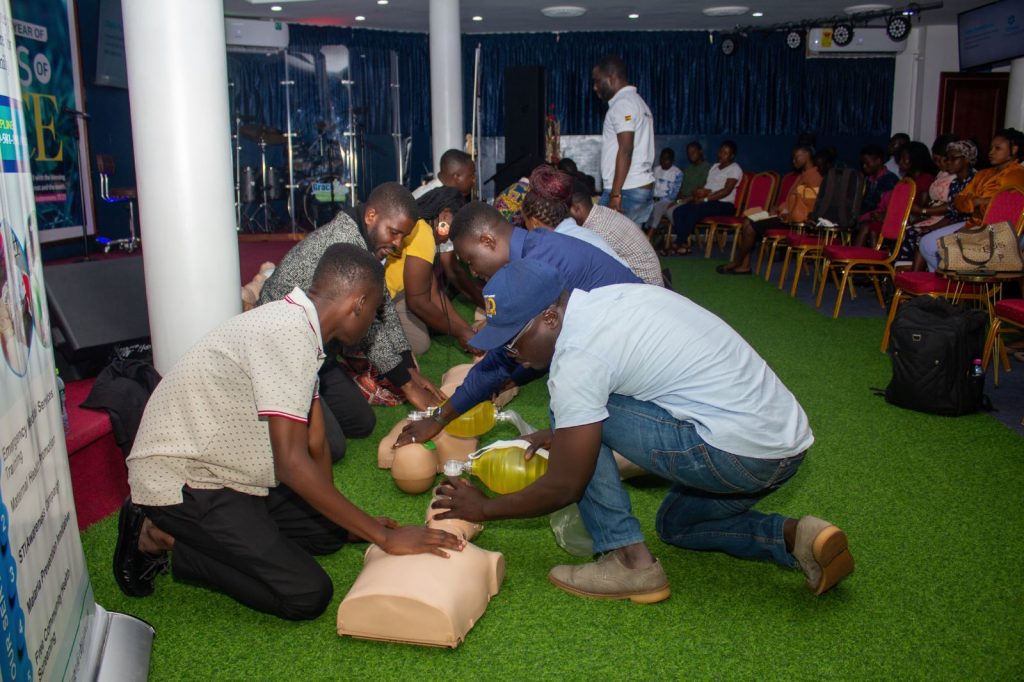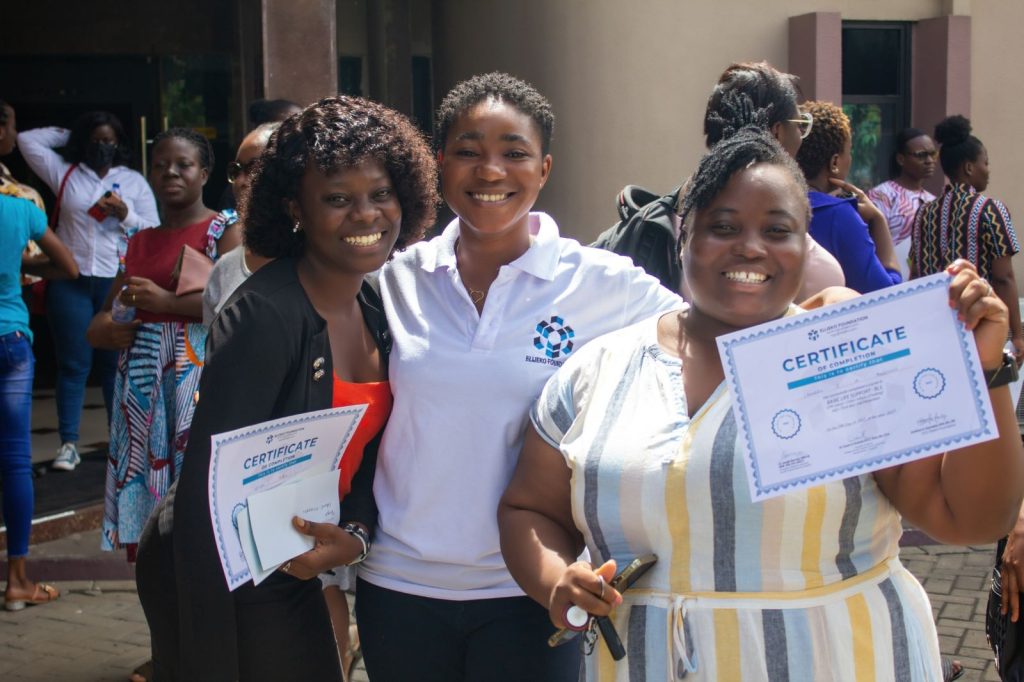By Stanley Senya
Accra, May 9, GNA – Mr. Andrews Kwabena Nyantakyi, CEO and Founder of the Elijeko Foundation has urged Ghanaians to regularly go for health check-ups to ensure safe and sound bodies.
“We need to check our systems very well, do regular check-ups, and know ourselves to prevent such incidents,” he said.
Mr Nyantakyi was speaking at a two-day Basic Life Support (BLS)/Cardiopulmonary Resuscitation (CPR) training programme for healthcare professionals in Greater Accra and the Ashanti Regions hosted by the Foundation.
The event was held in partnership with Conexus Medstaff in the USA and Ghana’s National Blood Service as part of activities marking the annual Nurses Month celebration.
The training programme formed part of the Foundation’s objective of ensuring a community and evidence-based approach to health education by working with healthcare providers to create a platform that promotes dialogue for preventative health education to save lives.

May is an annual month-long dedicated to the celebration and appreciation of nurses for their invaluable contributions to healthcare delivery across the world.
He said cardiac arrest was dangerous and could happen to anyone whether adults or children, so “we need to be aware such that when it happens, we can offer to help such victims.”
According to statistics, cardiovascular diseases were the leading cause of death globally with an estimated 17.9 million deaths from CVDs occurred in 2019, with 85 per cent of these deaths were due to heart attack and stroke.
“There are causes that lead to cardiac arrest, but what is required at this critical stage is more public engagement and education. If we can educate Ghanaians to recognize cardiac arrest early and activate the emergency response system, we can save a lot of people,” he added.
He said that was why the Foundation’s Bystander CPR Initiative was important because if citizens could start early CPR with an emphasis on chest compressions, “we can keep blood flowing when the heart stops pumping, and it is going to increase the chance of survival and buy the person more time.”
Mr. Nyantakyi said it provided free preventative health education and pre-hospital emergency.
He said the Foundation’s CPR training would enhance the participant’s skills and knowledge of providing efficient and effective emergency care.

He said the Foundation had served over 140,000 beneficiaries since its inception and it would continue to expand its programmes to rural and remote communities without access to quality healthcare services.
Madam Kate Sonne of Clinical Services Department at the National Blood Service said, “we advocate voluntary blood donors, and it is the safest, so we encourage people to regularly donate blood.”
She said it was one of the most critical aspects that kept the National Blood Service working.
“Blood donation is critical, and as nurses, we should also encourage people to donate blood. This is because we might need it to save your life or someone’s life in the future,” Madam Sohu said.
Participants noted that the training was invaluable to healthcare providers, and expressed the belief that it would help patients.
The participants were thoroughly trained by going through a detailed step-by-step approach outlined in BLS/CPR to save life or prevent untimely death.
GNA